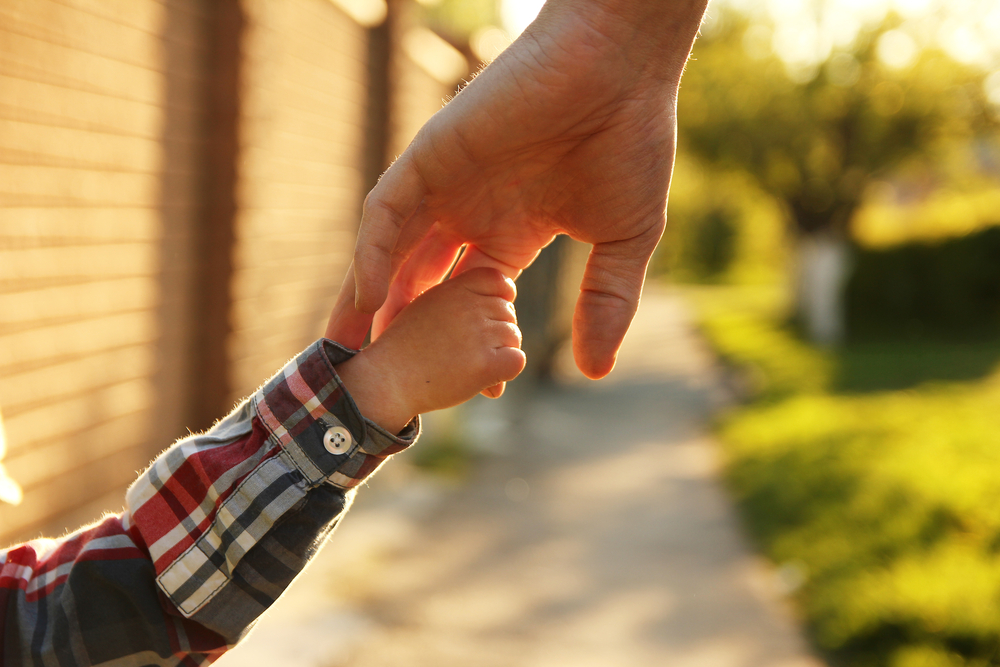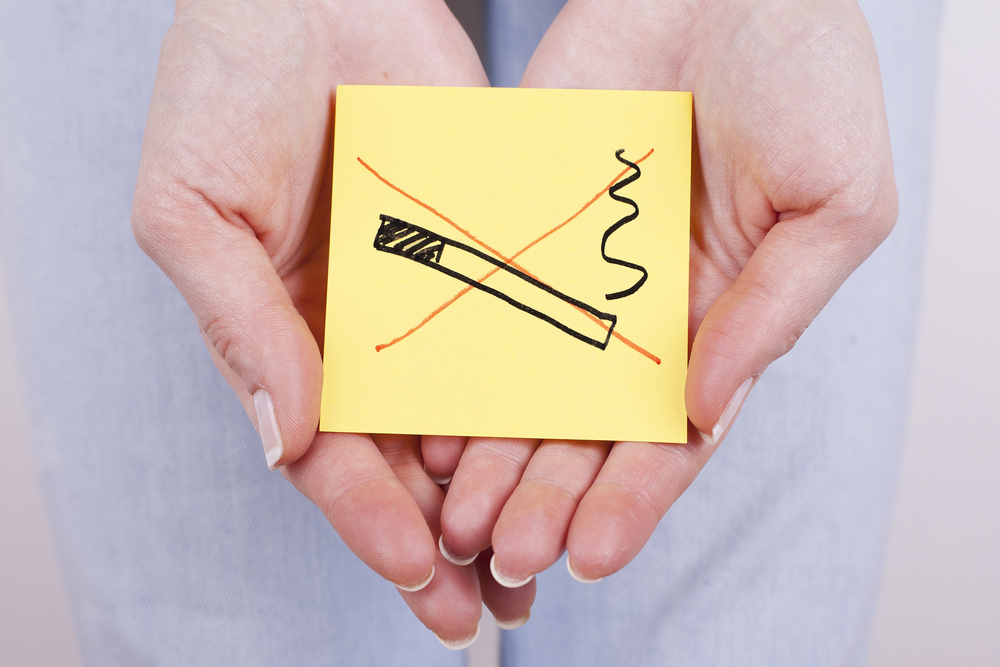Contents:
- Medical Video: How to Choose the Perfect Dog Breed Just for You
- Hypospadias complications are infertility
- The risk of side effects that may occur from hypospadias surgery
- Hypospadias patients who want to have children still have to apply a healthy life
Medical Video: How to Choose the Perfect Dog Breed Just for You
The male urethra (urethra) is normally at the tip of the penis. In some men, the urethral mouth can be located under the shaft of the penis. This condition is called hypospadias. Hypospadias is a congenital condition. Hypospadias is strongly suspected to cause infertile men if not handled properly. Here's the review.
Hypospadias complications are infertility
Hypospadias are a congenital condition that makes the urethra located on the underside of the shaft of the penis, rather than on the tip of the head of the penis in general. Some cases of hypospodia also find the urethral opening located at the confluence of the shaft of the penis with the testicles (the base of the penis).
This abnormality in the urethral opening is formed at around 8 to 14 weeks' gestation. In addition to the urethra that is not at the tip of the penis, patients usually have a curved penis. This causes men difficulty in urinating so they have to urinate in a squatting or sitting position.
Hipospodia is overcome by surgery to correct the location of the urethral hole. this condition basically does not interfere with male sexual function. If normal hormone levels and normal sperm quality, then you can still try to have offspring. However, this opportunity will be higher for men who have undergone corrective surgery, so that the urethra is where it should be. Because, the sperm cells needed to fertilize the egg must go out through the tip of the head of the penis to get into the vagina when having sexual intercourse.
Corrective surgery to deal with hypospodia is reported to not cause side effects on erectile and ejaculatory function, libido levels, sexual satisfaction levels, sperm quality, and opportunities for fertility.
The risk of side effects that may occur from hypospadias surgery
NCBI recommends corrective surgery as soon as possible once the baby is diagnosed with hypospadias, which is when the baby is 6 to 12 months old.
In some cases the surgery is carried out in stages, including the removal of the urethra in the right place, correcting the direction of penile erection, and repairing the skin in the previous urinary hole. In the process the doctor may use the foreskin, the skin covering the male pubic tip before being circumcised. Therefore, male infants with hypospadias should not be circumcised.
The difference is only in penis size. Men who undergo corrective surgery for hypospadias during childhood have shorter penises than those who do surgery as adults.
Hypospadias patients who want to have children still have to apply a healthy life
Although it is reported that it does not interfere with fertility, men who have hypospadias still have to adopt a healthy lifestyle to increase and maintain their fertility in order to have healthy sperm. This can be done by exercising regularly, providing adequate nutrition needed by the body, getting enough rest, not smoking, and reducing stress. Consult your doctor and talk to your partner if you plan to have children.












